Are 5-year-old preschool children exempt from tuitions in Vietnam from September 1, 2024?
Are 5-year-old preschool children exempt from tuitions in Vietnam from September 1, 2024?
Based on Clause 6, Article 15 of Decree 81/2021/ND-CP regarding the subjects exempt from tuitions, the regulations are as follows:
Subjects exempt from tuitions
- Subjects specified in the Ordinance on Preferential Treatment for People with Meritorious Services to the Revolution, if they are studying at educational institutions within the national education system.
- Preschool children and students with disabilities.
- Preschool children and students under 16 years old without a source of support, and individuals from 16 to 22 years old studying at general education or first-degree higher education institutions who are eligible for a monthly social allowance as stipulated in Clauses 1 and 2, Article 5 of Decree No. 20/2021/ND-CP dated March 15, 2021, of the Government of Vietnam on social assistance policies for social protection beneficiaries. Students at intermediate and college levels who are orphans of both parents and have no shelter according to the regulations of the Vocational Education Law.
- Preschool children and students at general education, and attendees at continuing education institutions under general education programs whose father, mother, or both parents, or grandparents (in case of living with grandparents) fall under the poor household category as stipulated by the Prime Minister of the Government of Vietnam.
- 5-year-old preschool children in particularly difficult villages/hamlets, Zone III communes in ethnic minority and mountainous areas, especially difficult communes in coastal, flat, and island areas as regulated by the competent authority.
6. 5-year-old preschool children not falling under the provisions of Clause 5 of this Article are exempt from tuitions from the academic year 2024 - 2025 (effective from September 1, 2024).
...
Thus, starting from September 1, 2024, 5-year-old preschool children are exempt from tuitions.
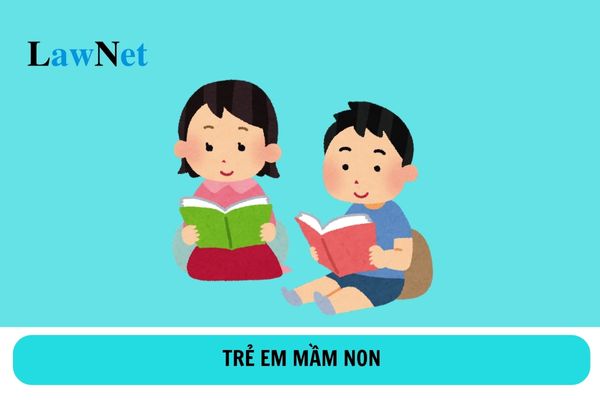
Are 5-year-old preschool children exempt from tuitions in Vietnam from September 1, 2024? (Image from the Internet)
What are the rights of preschool children in Vietnam?
According to Article 33 of the Preschool Charter issued in conjunction with Circular 52/2020/TT-BGDDT, the rights of preschool children are as follows:
- To be nurtured, cared for, and educated in accordance with their mobility conditions and the preschool's capacity for reception.
- To be nurtured, cared for, and educated according to the preschool education program suitable to their abilities and needs.
- Children with disabilities have the right to inclusive education and enjoy educational policies for people with disabilities as stipulated.
- To be ensured safety in both physical and mental aspects; to be cared for, respected, and treated equally; to be ensured legitimate rights and interests; to be ensured conditions of physical infrastructure, hygiene, and safety at the preschool.
- To participate in activities that promote individual capabilities.
- To enjoy policies according to regulations.
- To enjoy other rights as stipulated by law.
What are the duties of preschool children in Vietnam?
Based on Article 34 of the Preschool Charter issued in conjunction with Circular 52/2020/TT-BGDDT, the duties of preschool children are as follows:
- Be polite to grandparents, parents, teachers, and adults; be united, love, and help friends and younger siblings.
- Actively and positively participate in nurturing, care, and education activities suitable to their abilities and age group.
- Dress neatly, appropriately for their age, and conveniently for activities at the preschool.
- Maintain personal hygiene; participate in maintaining the hygiene of the school, class as per their abilities, and contribute to environmental protection.
- Follow the preschool's regulations.
At what age can children attend preschool?
Based on Article 32 of the Preschool Charter issued in conjunction with Circular 52/2020/TT-BGDDT, the regulations on the age and health of preschool children are as follows:
Age and health of preschool children
- Children from 3 months to 6 years old are accepted into preschools.
- Children with disabilities may enter school at a higher age than the general age rule of 3 years old.
Thus, children from 3 months old can attend preschool, and children with disabilities may enter school at an age higher than the general age rule of 3 years old.
What are the duties and powers of preschools in Vietnam?
Based on Article 3 of the Preschool Charter issued in conjunction with Circular 52/2020/TT-BGDDT, the duties and powers of preschools are as follows:
- Develop directions and strategies for school development in accordance with the regulations of the Ministry of Education and Training, ensuring suitability with the local socio-economic conditions, vision, mission, and core values of the school.
- Organize activities of nurturing, caring for, and educating children from 3 months to 6 years old according to the preschool education program issued by the Minister of Education and Training.
- Proactively propose the demand, participate in recruiting staff, teachers, and employees in public schools; manage and use staff, teachers, and employees to perform tasks of nurturing, caring for, and educating children.
- Conduct activities to ensure quality and accredit educational quality as stipulated. Publicly disclose educational goals, programs, plans, quality assurance conditions, evaluation, and accreditation results.
- Implement democracy and accountability in school management activities.
- Mobilize preschool-aged children to attend school; manage children; organize inclusive education for children with special circumstances, children with disabilities; implement universal preschool education for 5-year-old children within the assigned scope; support other preschools in the area to improve the quality of educational activities as assigned by the competent authority.
- Mobilize, manage, and use resources according to legal regulations; develop infrastructure to meet standardization and modernization requirements.
- Advise local authorities, cooperate with families or caregivers, and organizations or individuals to carry out activities of nurturing, caring for, and educating children.
- Organize for administrators, teachers, employees, and children to participate in appropriate community activities.
- Perform other duties and powers as stipulated by law.
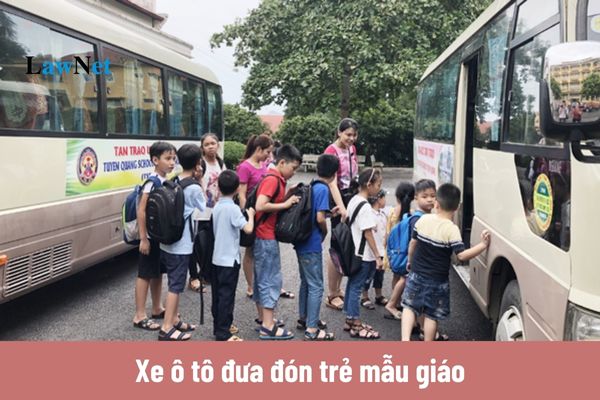
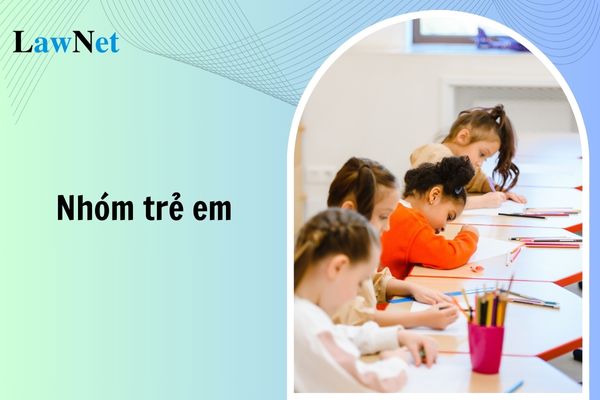
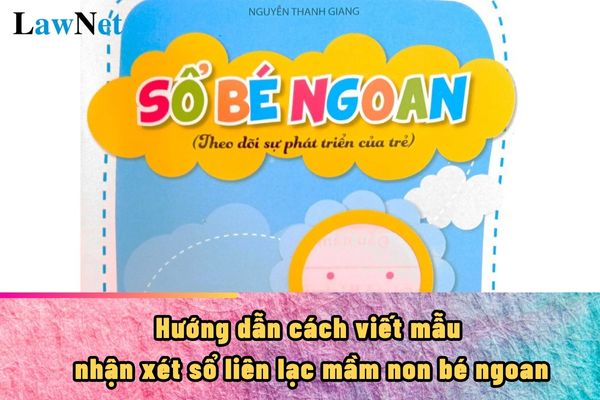

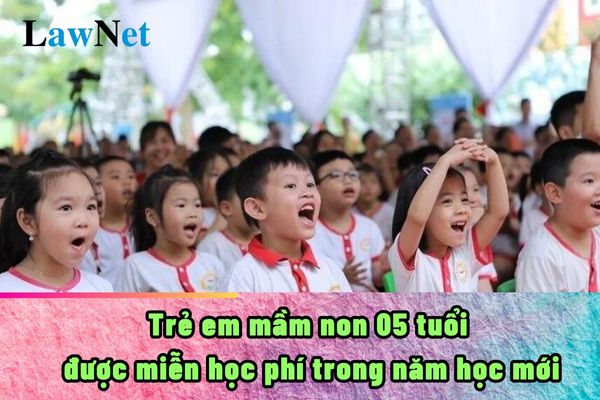
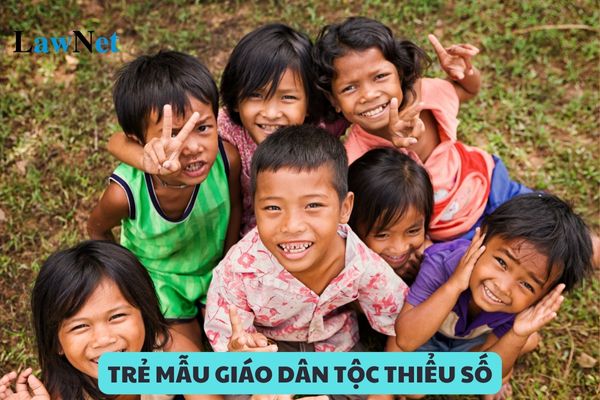

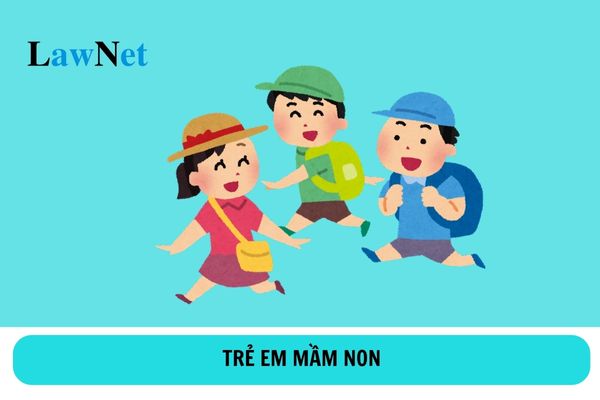

- Vietnam: What is the sample outline of an essay on the analysis of expressions of national spirit in the Poem "Việt Bắc" for 12th-grade students? What patriotic qualities are required for 12th-grade students?
- Vietnam: What are your thoughts on the Poem "Tiếng ru" by To Huu? How many lessons are there in the 12th-grade Literature curriculum per year?
- What are the sample essays describing your grandfather for 5th-grade students in Vietnam? What are the assessment criteria for 5th-grade students in 2024?
- Vietnam: What are the sample social argumentative essays on social media etiquette for 10th-grade students? What Vietnamese knowledge do 10th-grade students learn?
- Vietnam: Why is the French Bourgeois Revolution considered the most thorough one? What learning outcomes are required for 11th-grade students after studying the bourgeois revolution?
- Vietnam: What is the atmosphere? What is the grade at which students are required to master the knowledge of the atmosphere in the History and Geography curriculum?
- Vietnam: Why does the phenomenon of day and night alternation occur on Earth? What is the grade at which students learn about the phenomenon of day and night alternation on Earth?
- What is the newest report template on distance education at the higher education level in Vietnam?
- Vietnam: What are the shortest sample expositions on Ba Den Mountain for 9th-grade students? What learning outcomes are required for the writing process in the 9th-grade Literature curriculum?
- In Vietnam, what does local time mean? What is the grade at which local time is taught in the History and Geography curriculum?

